
On 24 June, the Supreme Court of the United States (SCOTUS) ruled 6:3 to uphold a Mississippi law and 5:4 to overrule previous decisions that have guaranteed an American’s right to an abortion, namely Roe vs. Wade and a follow-up case, Planned Parenthood vs. Casey. While anti-abortion activists cheered the decision, those supporting safe and legal abortion access in the country, as well as numerous foreign leaders around the world, expressed condemnation of the decision.
A PBS poll taken after the decision showed that 56 per cent of US adults opposed the court’s decision, with 45 per cent indicating that they were strongly opposed. Only 28 per cent of Americans said they strongly supported the court’s ruling. Furthermore, 57 per cent of US adults expressed a belief that the decision to overturn Roe was based on politics rather than the law.
Buddhists around the world have a complex relationship with abortion. While causing an abortion is expressly forbidden in the monastic code, the procedure has been permitted and legally protected in many predominantly Buddhist countries.
In North Carolina, Kaitlyn Potts, a student at Fayetteville Technical Community College and president of the Cumberland County Young Conservatives, expressed support for the decision: “A lot of people assume pro-life people are Christian, but I was born and raised Buddhist. We don’t even believe in swatting a fly.” (The Fayetteville Observer)
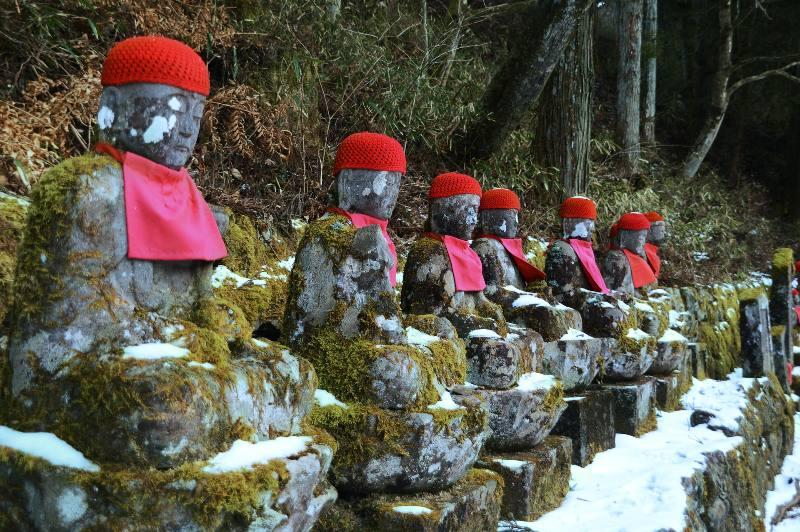
Many contemporary Buddhists weigh the balance of concern for the loss of life on the one hand and compassion for the difficult choice being made by a pregnant person on the other. As a practical matter, many pro-choice Buddhists note that making the procedure illegal can cause even greater suffering and loss of life as women may be forced to seek out alternatives to safe medical procedures.
The importance of life is paramount in the minds of many Buddhists, and the life as a human being is held to be especially precious. “Buddhism believes in rebirth and teaches that individual human life begins at conception,” said Damien Keown, a professor of Buddhist ethics at Goldsmiths College, University of London and a chair professor at Geumgang University in South Korea. “The new being, bearing the karmic identity of a recently deceased individual, is therefore as entitled to the same moral respect as an adult human being.” (Religion Unplugged)
Nonetheless, a recent study conducted by Pew Research Center showed that 82 per cent of Buddhist adults in the US support access to legal abortions in all or most circumstances.* In 1993, the Dalai Lama was asked if he could understand the needs of a woman who might not be able to raise a child. He responded by affirming his support for birth control, saying: “I think abortion should be approved or disapproved according to each circumstance.” (The New York Times)
Soraj Hongladarom, a professor of philosophy and director of the Center for Science, Technology, and Society at Chulalongkorn University in Bangkok, sought to clarify the issue in his article “Buddhism and Abortion:”
In order to live relatively peacefully in a particular concrete social setting, perhaps abortion needs to be allowed. This does not mean that Buddhism allows abortion, but it means that, in the specific social circumstances that we find ourselves in, abortion performed by medical professionals in a modern and hygienic setting may be needed. On the one hand, this goes against the purely spiritual teaching of Buddhism, but on the other hand, it is also in accordance with the tendency of Buddhism to leave social issues to the people to decide within certain limits. If they think that some form of abortion is best for a particular type of society, one that they prefer, then so long as this does not violate the very basic orientation of Buddhism itself it is up to them to do so while still being good Buddhists. The challenge certainly lies in how to reconcile the two.
(Academia)
* Buddhistdoor View: On the Moral and Traditional Complexities of Abortion (BDG)
See more
Majority of Americans think Supreme Court overturning Roe was more about politics than law (PBS)
What 6 American Religious Subgroups Think About Abortion (Religion Unplugged)
‘We are outraged and heartbroken and ready to fight’: Fayetteville residents react to Roe v. Wade ruling (The Fayetteville Observer)
The Dalai Lama (The New York Times)
Buddhism and Abortion (Academia)






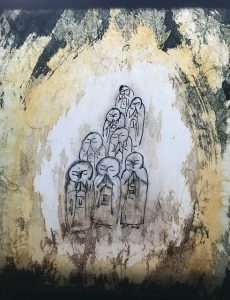
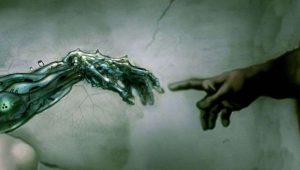
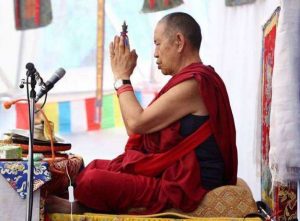


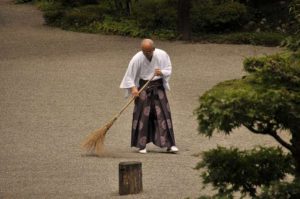

Chakrasamvara Tantra has a recipe that in Gray’s translation is said to be a pill to induce an abortion
source?
Amerian Buddhists are Leftist first, and then Buddhist, the Pew poll verifies this, Buddhists in other countries would disagree. It violates the injunction of “right action” which prohibits the taking of a life, and true Buddhists consider this a life. But hey, it’s your karma.The Pali Canon explicitly condemns abortion, but far be it from American Buddhists to bother with it.